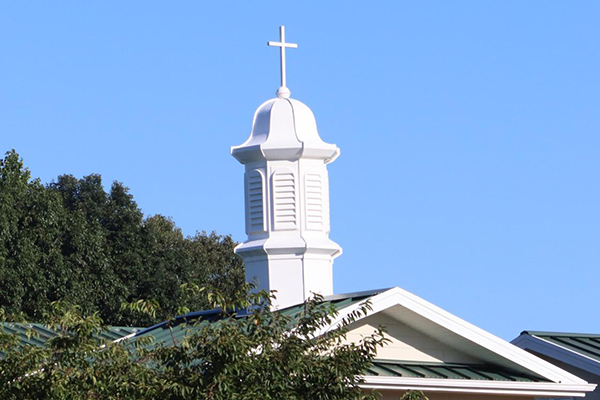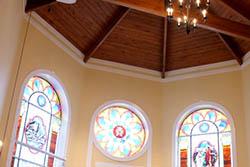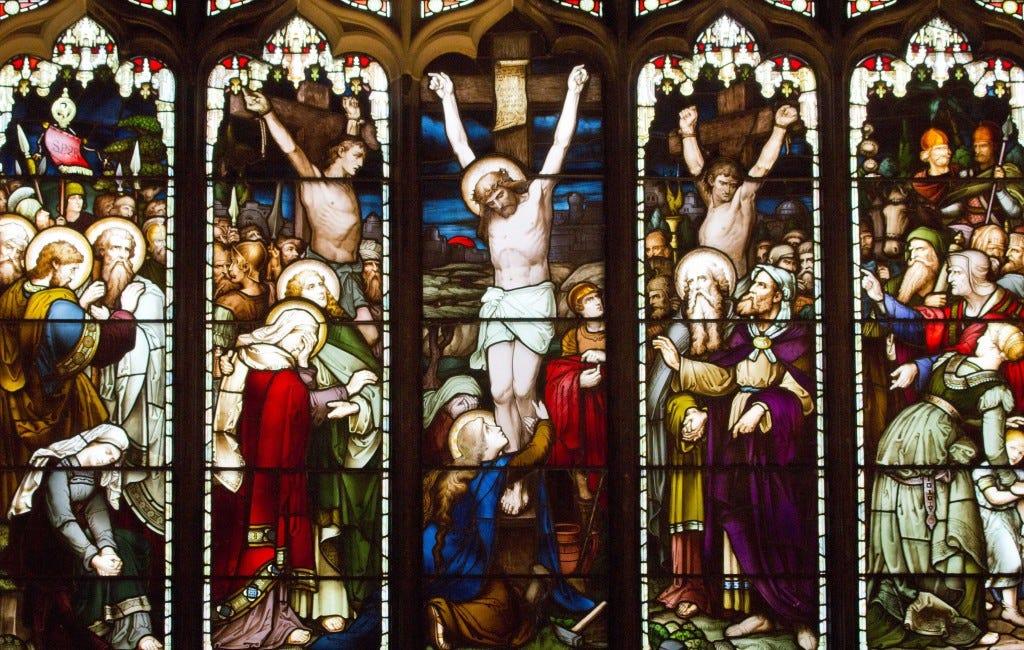The following is shared from my friend, Jon R. Jordan from his “Rhythms of Habit.” You can read more by subscribing at rhythmsofhabit@substack.com
Because of our sophisticated watches and our ability to schedule our days down to the minute with the push of a button, it is easy for us to misunderstand what time is and how it actually works. We tend to think of time as being evenly distributed. There are 24 hours in a day—in every day. So it seems right that any given hour or day or week must be the same length as any other hour, day, or week. More often than not it appears to us that all days are created equal.
Not only is this technically not the case universally-speaking, it is certainly not true experientially.
Some minutes last 60 seconds. Others last what feels like a lifetime.
Time can fly, or it can stand completely still.
Some things in our world take a long time to change. But your world can change in a fraction of a second.
Not all weeks are created equal.
And this is no ordinary week.
Just over two thousand years ago there was a single seven day period of time that has proved to be the most important week in the history—and even in the future—of the universe.
And this is the week where we take that week from the past, and drop it into the present.
Holy Week is the week of all weeks. This week contains within it all that you and I should expect to experience as Christians. It has its false hopes. Moments, like Palm Sunday, where it seems that all has been made well, until lofty expectations give way to reality.
This week has the loneliness of Gethsemane, the betrayal of a loved one, the abandonment of friends.
But Holy Week also has its Mondays. The mundane.
Holy Week begins today, but you might not fully notice it until Thursday night. We have a relatively normal Monday, Tuesday, and Wednesday ahead of us.
The mundane. False hopes. Betrayal. Loneliness.
Holy Week contains all of this.
This week, if you allow it, will take you even to the depths of sorrow as the Son of God is nailed to a cross.
But only so that you can experience the highest of joys: the defeat of death and the hope of the resurrection.
This is no ordinary week.
But here is the catch: It can be, if you want it to.
You can go about your business, maintain your standing calendar. Tomorrow can be, for you, just another Monday.
Or you can embrace this Holiest of weeks.
If you do, you can expect to experience a few things.
First, you will think things that you normally don’t think.
-
- It is not every week that you wonder what it means for the author of life to die.
-
- Or what your private sin has to do with the Creator of all things.
-
- Or what really happens when all of this comes to an end.
This is a week to think about things you normally don’t think about.
But you will also feel things that you normally don’t feel.
-
- Sin that you might normally brush off might weigh a little heavier this week.
-
- You might resonate with Jesus—feeling at least a fraction of what he felt. Your own sorrow will find company in his.
Finally, and most importantly, if you embrace this Holy Week, you will become a little more like Jesus.
Or you will at least want to.
This is the goal of the Christian life.
Have this mind among yourselves—says St. Paul—which is yours in Christ Jesus, who, though he was in the form of God, did not count equality with God a thing to be grasped, but emptied himself, taking the form of a servant, being born in the likeness of men. And being found in human form he humbled himself and became obedient unto death, even death on a cross.
Perhaps more than anything, Holy Week reminds us that the Jesus we follow as Lord and King is also a wounded Savior.
It is easy to talk about being the hands and feet of Christ in a broken world.
It is harder to remember that those hands and feet still bear the marks of nails.
In the first century, as the persecution of Christians in Rome was growing increasingly intense under Nero, leaders in the Church convinced St. Peter to flee the city.
They could die, but surely their Apostle and Bishop needed to survive in order for the Church to continue.
As Peter made his way out of the city, he encountered Jesus, carrying a cross, making his way towards the city.
Quo vadis, domine? “Where are you going, Lord?”
“I am heading to Rome, Peter. To be crucified in your stead.”
An early Christian history called The Acts of St. Peter tells us that Peter got the message.
He returned to Rome, where he was crucified upside down.
Have this mind among yourselves which is yours in Christ Jesus.
There are countless examples of this—some more intense, some far less—between St. Peter and our own day.
Why?
A willingness to be the crucified hands and feet of Christ is there throughout Christian history and today because of the hope of the resurrection.
Because, through Holy Week, we know that death is not the end. That we have a Lord who has gone before us, who fought the battle we could not win, even to the very depths of hell.
And that he came back.
All of this is here in Holy Week.
So make plans to experience it.
Go to church on Maundy Thursday as Jesus shares his Last Supper with the disciples and is betrayed.
Experience Good Friday afresh, playing the part of the crowd who shouted “Crucify him.”
Embrace the quiet, dark tomb of Holy Saturday.
And then join in the Feast of the Resurrection of our Lord.
It is not convenient. It will throw a wrench in your schedule.
But Jesus is alive and ready to meet you again in new and old ways this Holy Week.





























